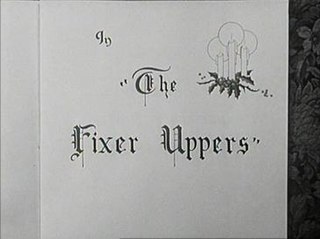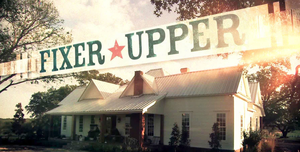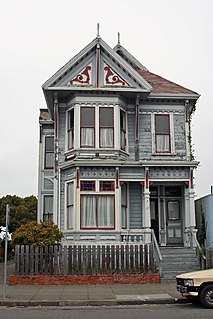A false dilemma is a type of informal fallacy in which something is falsely claimed to be an "either/or" situation, when in fact there is at least one additional option.
Defamation, calumny, vilification, or traducement is the communication of a false statement that harms the reputation of, depending on the law of the country, an individual, business, product, group, government, religion, or nation.

Theism is broadly defined as the belief in the existence of the Supreme Being or deities. In common parlance, or when contrasted with deism, the term often describes the classical conception of God that is found in monotheism – or gods found in polytheistic religions—a belief in God or in gods without the rejection of revelation as is characteristic of deism.
Bullshit is a common English expletive which may be shortened to the euphemism bull or the initialism BS. In British English, "bollocks" is a comparable expletive. It is mostly a slang term and a profanity which means "nonsense", especially as a rebuke in response to communication or actions viewed as deceptive, misleading, disingenuous, unfair or false. As with many expletives, the term can be used as an interjection, or as many other parts of speech, and can carry a wide variety of meanings. A person who communicates nonsense on a given subject may be referred to as a "bullshit artist".
A clamp is a fastening device used to hold or secure objects tightly together to prevent movement or separation through the application of inward pressure. In the United Kingdom and Australia, the term cramp is often used instead when the tool is for temporary use for positioning components during construction and woodworking; thus a G cramp or a sash cramp but a wheel clamp or a surgical clamp.
False imprisonment occurs when a person is restricted in their personal movement within any area without justification or consent. Actual physical restraint is not necessary for false imprisonment to occur. A false imprisonment claim may be made based upon private acts, or upon wrongful governmental detention. For detention by the police, proof of false imprisonment provides a basis to obtain a writ of habeas corpus.
False arrest is a common law tort, where a plaintiff alleges they were held in custody without probable cause, or without an order issued by a court of competent jurisdiction. Although it is possible to sue law enforcement officials for false arrest, the usual defendants in such cases are private security firms.
False attribution can refer to:

The Fixer Uppers is a 1935 short film starring Laurel and Hardy, directed by Charles Rogers and produced by Hal Roach.

Fixer Upper is an American reality television series about home design and renovation aired on HGTV. It stars Chip and Joanna Gaines, based in Waco, Texas. The show's pilot aired in May 2013, with the first full season beginning in April 2014, season two began in January 2015, season three began in December 2015, and season four began in November 2016. The fifth and final season premiered on November 21, 2017.

Multiven Group BV is a Netherlands-based provider of independent and decentralised software integrity maintenance and cyber-defence services for multivendor Internet Protocol network hardware and blockchain nodes. Its customers include large enterprises, Internet service providers, small, medium businesses, Telecommunications companies, Fortune 500, Academia and government agencies.
A false memory is a psychological phenomenon where a person recalls something that did not happen or that something happened differently from the way it happened.
A false accusation is a claim or allegation of wrongdoing that is untrue and/or otherwise unsupported by facts. False accusations are also known as groundless accusations or unfounded accusations or false allegations or false claims. They can occur in any of the following contexts:
"Fixer Upper" is a song from the 2013 Disney animated film Frozen.
Fixer Upper may refer to:
"Maximum Security" is the twenty-first episode of the third season of the American television police sitcom series Brooklyn Nine-Nine. It is the 66th overall episode of the series and is written by Laura McCreary and directed by Victor Nelli Jr.. It aired on Fox in the United States on April 5, 2016.
A fixer is a person who carries out assignments for someone else or who is good at solving problems for others. The term has different meanings in different contexts. In British usage the term is neutral, meaning "the sort of person who solves problems and gets things done." In journalism, a fixer is a local person who expedites the work of a correspondent working in a foreign country. In American usage, to describe a person as a fixer implies that their methods may be of questionable legality. A fixer who disposes of bodies or other evidence of crime is often called a cleaner. In sports, a fixer is someone who makes arrangements to fix, i.e., manipulate or pre-arrange, the outcome of a sporting contest.
This page is based on this
Wikipedia article Text is available under the
CC BY-SA 4.0 license; additional terms may apply.
Images, videos and audio are available under their respective licenses.







